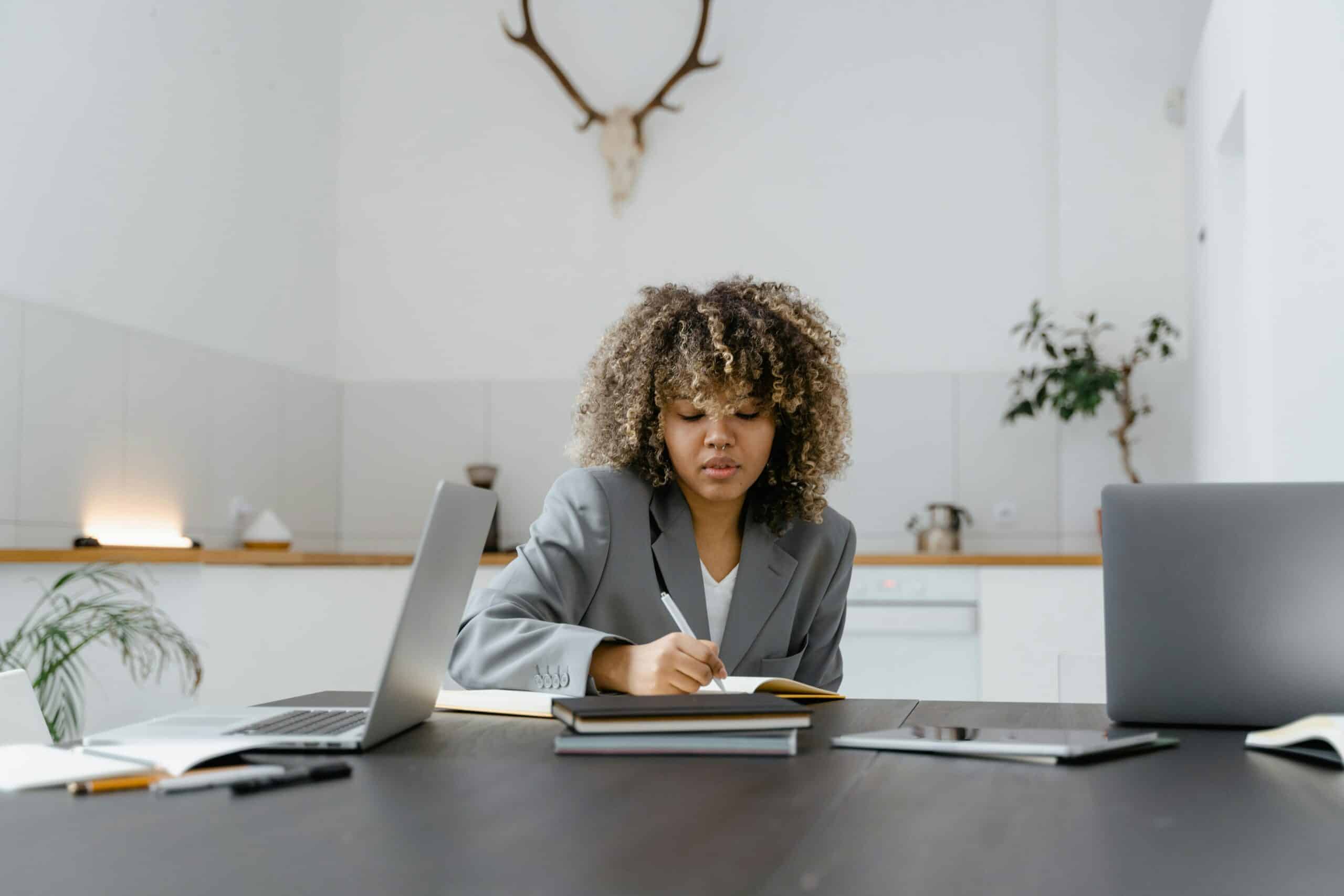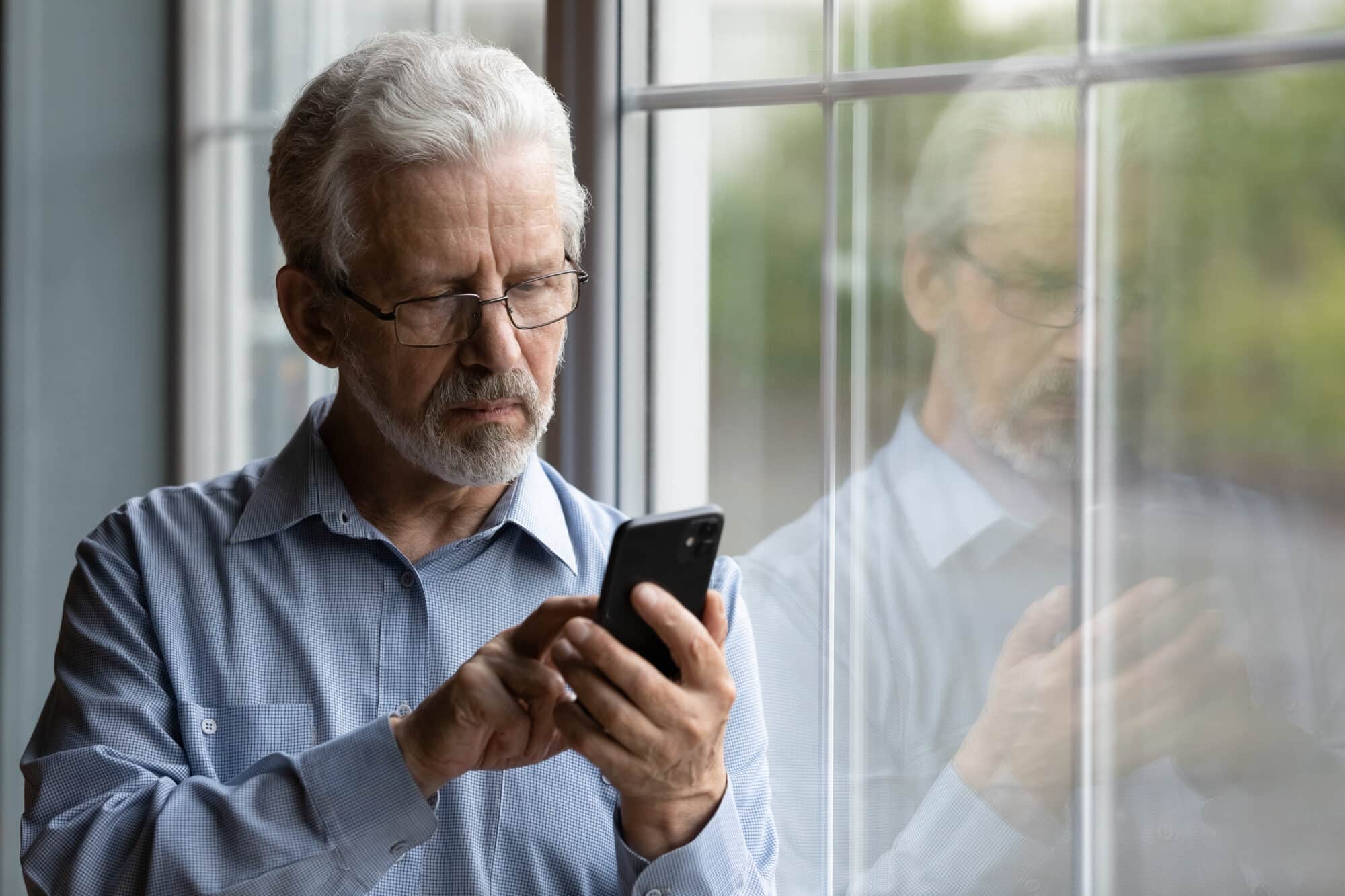Dr Nina Owen joined Teladoc Health UK in 2022. She works for the service 5 sessions a week and then at her local NHS GP practice one session weekly. Dr Owen talks to us about what she thinks of the virtual GP consultation service, what patients can expect, and some tips for achieving a healthier lifestyle.
What happens in a virtual GP consultation?
Patients can choose between a video or telephone consultation. The consultation starts with taking a history of the symptoms. We explore past medical history and ask about any medications taken and any allergies. Clinical examination and assessment can take a range of forms in remote consultation. Photos can also be helpful, and it is possible to talk patients through some self-examination techniques. Many people have smartwatches, and increasingly, many households have bits of kit to check various observations such as blood pressure and pulse oximetry, which is so helpful in the remote setting.
We then share our thoughts about possible diagnoses and next steps, whether this involves treatment that can be initiated through the platform or giving reassurance and advice. If further assessment or investigation is needed, we advise how this can be accessed, whether acutely through urgent care services, via an NHS GP, or by private referral, ensuring always shared decision-making with the patient.
Consultation notes, prescriptions, or any referrals are completed straight after the consultation without delay.
What do you like most about delivering virtual GP appointments?
Remote consultation offers flexibility for patients to access high-quality medical advice at a time and place that works for them. I can take the time I need to fully understand the patient’s concerns, making this a truly patient-centred experience, which is hugely satisfying as a clinician.
Can you share some recent examples of how you have helped patients coming into the service?
I recently spoke with a patient who was experiencing many challenging life events that were understandably causing significant stress. After talking through what was going on and exploring with the patient what they thought would be helpful to them at that time, we agreed on a plan for an internal referral to our Teladoc Health mental health service.
At the end of the consultation, the patient told me that they felt so much better just for having talked things through with somebody.
I also recently spoke with a patient who had gone away for a mini break away but had developed tonsillitis. After careful assessment, I was happy the patient could be treated with antibiotics. An e-prescription was issued that could be used at any local pharmacy. I also advised the patient about an additional symptomatic relief that could be used in addition. The patient received timely assessment and treatment away from home and (hopefully) managed to enjoy the rest of her break!
What advice would you give a patient who thinks of using the service but is still deciding?
We are a really friendly, experienced group of GPs who pride ourselves on delivering accessible, high-quality, evidence-based care to our patients.
This service gives us time to listen and not rush the consultations, making all the difference to the patient’s experience.
What do you most enjoy about working for Teladoc Health?
I love our collaborative team. Even though, as clinicians, we are working remotely from all over the UK; there is always someone around to share ideas with or able to help with any problems or queries. It’s a very supportive environment. Also, because of the system’s flexibility, you can give the patients time to talk through their problems and devise a plan together, so you are really making a difference.
Can you describe a typical working day (or week) at Teladoc Health? What types of symptoms present the most?
No two days are the same!
I’ll log on before the start of my shift to check my emails, say hello on Teams to colleagues on shift and make sure that I am up to date with plans for the shift ahead. Next up, I see if I have been assigned any booked video consultation appointments during my shift. If so, I will quickly check the case notes to ensure I don’t need to ask the patient to upload any photos or documents beforehand. Once that is done, I will start contacting patients on the call-back list until my video consultations are due, then return to them afterwards. I’ll also watch for any flagged priority cases that need to be contacted quickly.
I, like a lot of GPs, tend to find that sometimes you have days that seem to have a particular ‘theme’ – for example, one day, I may talk to a lot of patients with symptoms of urine infections; another day, I will have several patients with eye problems.
It is a varied mix, which is one of the reasons I enjoy being a GP. In terms of frequently presenting symptoms, back pain is a common one, as are sore throats. Anxiety, depression, and stress also form a significant proportion of consultations.
I get a lot of pride from a job well done, and I have made life a bit better for my patients.
What do you like doing to relax and take care of your wellbeing?
I enjoy watching football, Swimming, going for walks, adding to my Lego collection, dabbling in photography, and going for adventures with my young son. Music is a massive part of my life, too.
What are your go-to snacks during the day?
I’m a big fan of nuts. I’ll usually grab some pistachios or cashews.
What’s your typical breakfast?
I keep it simple with breakfast – just cereal with milk. I go for a glass of orange juice and a cup of tea (Yorkshire Tea – builder’s brew strength with a dash of milk and no sugar, if you’re making it!)
What are your top 4 tips for a healthier lifestyle?
- Sleep: Ensure you are getting enough good quality sleep – aside from this being essential for repair and restoration processes in the body and maintaining good mental health, sleep plays an essential role in weight management. When we are well rested, we are less likely to crave calorie-dense foods and more likely to exercise. Regarding good sleep – turn off the TV and put down the mobile an hour or so before bed. If you struggle to get to sleep, get out of bed, go into another room, and read or listen to music. After about 20 minutes, return to bed and see if you can sleep. If not, repeat the process. It may sound counter-intuitive, but you are more likely to get to sleep by taking yourself out of the situation and trying again later rather than lying there worrying about being awake.
- Drink: Many of us are likely guilty of not caring enough for our hydration. It doesn’t take much for dehydration to affect our cognitive performance, but not only that, mild dehydration can present as hunger, making us more prone to reaching for a snack, so ensuring good fluid intake can help with weight loss.
- Stop smoking: Make sure that you are ready to take this change to maximize your chance of success. Also, research shows that support from a smoking cessation programme significantly increases the likelihood of successfully quitting.
- Vitamin D: Consider taking a vitamin D supplement in autumn and winter to boost your immunity.



